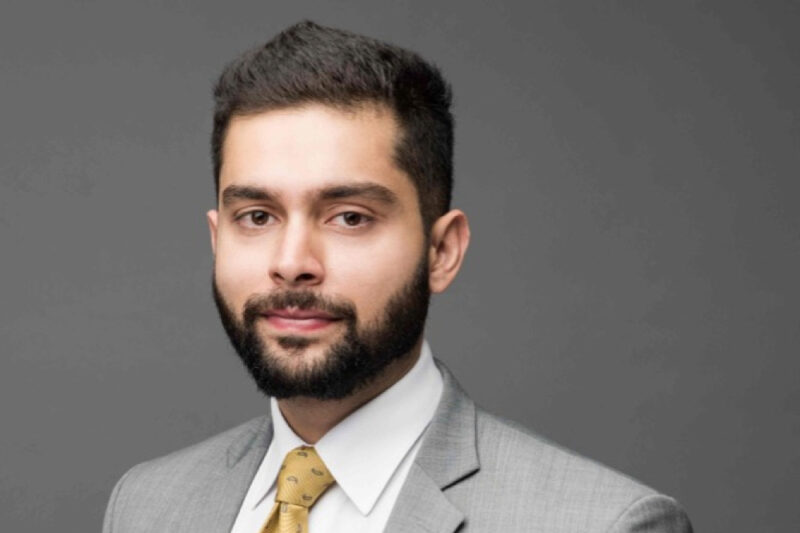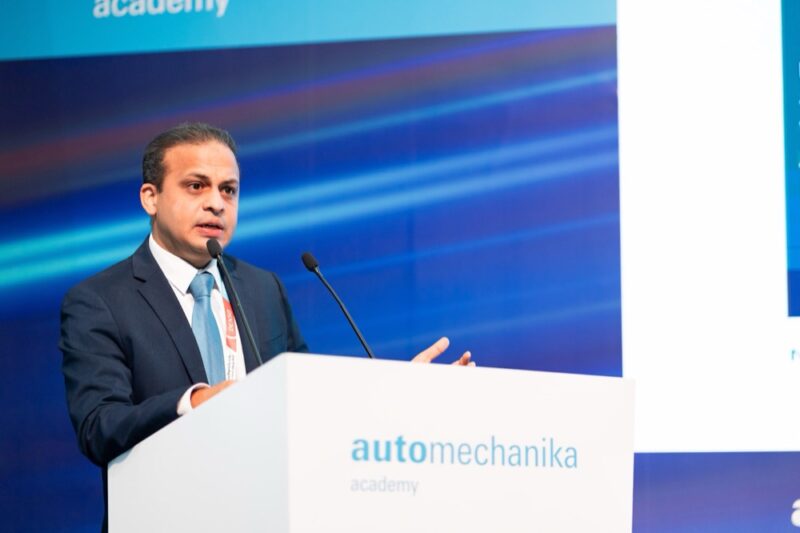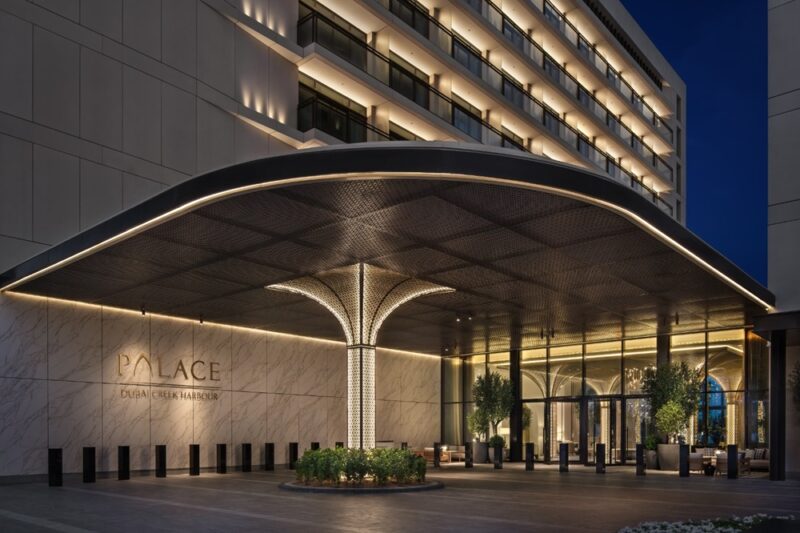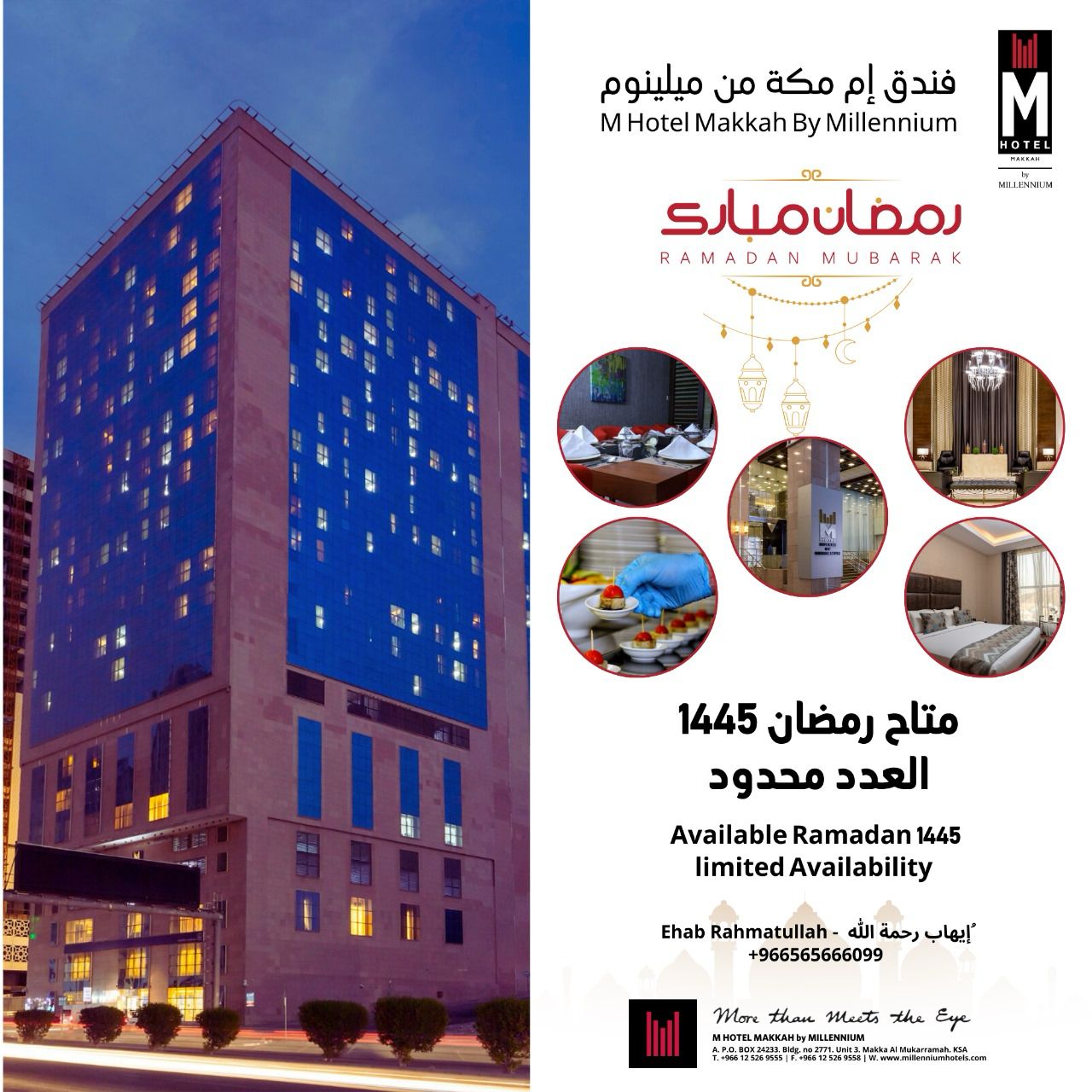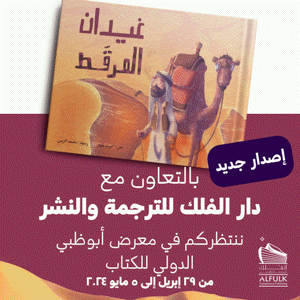{:en}Sharjah, United Arab Emirates – HRH Princess Lamia Bint Majed Saud Alsaud, the Secretary General of Alwaleed Philanthropies, chaired by HRH Prince Alwaleed Bin Talal Bin Abdulaziz Al Saud, shared her perspective on the organisation’s local and global humanitarian aid efforts, as well as on her personal philanthropic journey, in an insightful conversation with Badr Jafar, Founder of the Cambridge University Centre for Strategic Philanthropy.
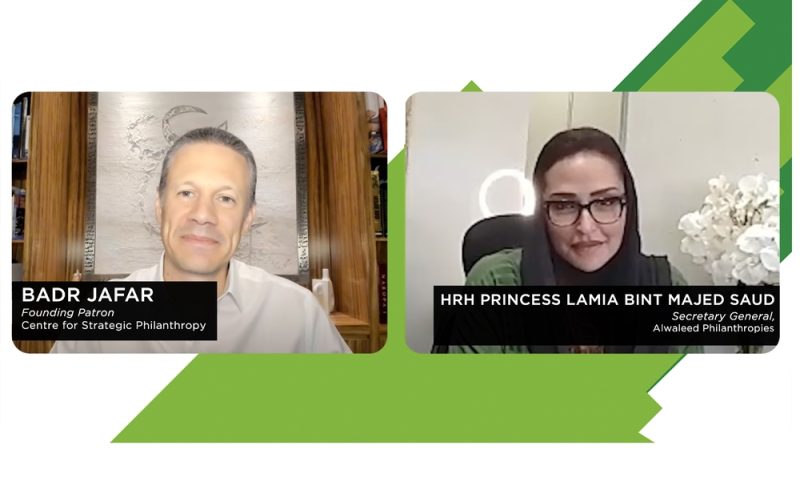
HRH Princess Lamia expressed her view that philanthropists must embrace cross-sector collaboration, as well as collaboration with each other, if they are to create sustainable networks and avenues for the communities they hope to serve. She outlined a recent collaborative initiative Alwaleed Philanthropies led: “We approached an organisation that cares for disabled people, with a view to forming a partnership with them. We told them that we’d like their people to be Careem captains; this would be possible through the use of a machine that allows people to drive with just their hands. We now have almost 100 disabled Careem drivers,” she elaborated. “Previously, organisations would donate money and medication as well as health aids and devices to these people, but we wanted to change their lives for the better and to give them lasting economical support. This was made possible through a joint collaboration between the government, Careem, and our foundation.”
Alwaleed Philanthropies was founded in 1980 by HRH Prince Al-Waleed bin Talal. Over the past four decades, the organisation has invested over four billion dollars on social welfare initiatives across 189 countries, benefiting over one billion people worldwide. Its focus lies across four main areas: community development, empowering women and young people, providing vital disaster relief, and the bridging of cultures.
Badr Jafar remarked, “The power of strategic philanthropy lies within not just focusing on the immediate, but also on building resilience for the future. The spirit of collaboration is key in this, because we can all go further together.”
The youth of today are playing a pivotal role in the future of strategic philanthropy. In particular, next-gen donors’ embrace of technology and boundary-blurring innovations is creating opportunities for more accessible and transparent giving mechanisms. HRH Princess Lamia expanded, “Technology has made philanthropy much easier; reaching out, creating awareness, it’s not how we used to do before. We now have a wider perspective, a better understanding of how we can help. If you want to know what people are facing in real-time, there are communities on Facebook that you can join to see what refugees, displaced people, disabled people, and other marginalised groups from across the world need in order to overcome adversity.”
The conversation between HRH Princess Lamia Bint Majed Saud Alsaud and Badr Jafar is part of The Business of Philanthropy series of discussions hosted by the Centre for Strategic Philanthropy at the University of Cambridge, to explore the changing nature of charitable giving across the world’s growth markets and to find new ways in which the sector can maximise its impact.
The full conversation can be viewed here.{:}{:ar}الشارقة، الإمارات العربية المتحدة – تحدثت صاحبة السمو الملكي الأميرة لمياء بنت ماجد سعود آل سعود، الأمينة العامة للوليد للإنسانية التي يرأس مجلس أمنائها صاحب السمو الملكي الأمير الوليد من طلال بن عبد العزيز آل سعود، عن المبادرات الإنسانية للمنظمة محلياً وعالمياً، مشيرة إلى مسيرتها الخيرية على الصعيد الشخصي، وذلك في حوار شائق لها مع بدر جعفر، مؤسس المركز الاستراتيجي للأعمال الخيرية في جامعة كامبريدج.

وبيّنت صاحبة السمو الملكي الأميرة لمياء ضرورة تعاون المؤسسات المانحة مع مختلف القطاعات ومع بعضهم البعض أيضاً، ليتمكنوا من تأسيس شبكات ومحيطات مستدامة تدعم المجتمعات التي يطمحون إلى خدمتها. وتطرقت في حديثها إلى مبادرةٍ نفذتها الوليد للإنسانية مؤخراً، إذ قالت: “تواصلنا مع منظمةٍ تقدم الدعم لذوي الهمم لنؤسس شراكة معها، وعرضنا عليها توظيف أفرادها في شركة كريم ليتولوا قيادة مركبات تتطلب استخدام اليدين فقط. والآن، أصبح في شركة كريم 100 سائقاً تقريباً من أصحاب الهمم.”
وأضافت: “كانت المنظمات في السابق تتبرع لهذه الفئة نقداً وبالأدوية والمساعدات والأجهزة الصحية، إلا أننا أردنا إحداث تغييرات مستدامة في حياة هؤلاء الأفراد بتقديم الدعم الاقتصادي المستدام لهم، وتمكنا من تحقيق ذلك بفضل التعاون المشترك بين الحكومة وكريم ومنظمتنا.”
أسس صاحب السمو الملكي الأمير الوليد بن طلال الوليد للإنسانية في 1980، وعلى مدى العقود الأربعة الماضية، استثمرت المؤسسة ما يزيد عن 4.4 مليارات دولار في مبادرات إنسانية أكثر من 189 دولة، استفاد منها أكثر من مليار شخص على مستوى العالم. وتركز المنظمة في مساعيها على أربعة مجالات هي: التنمية المجتمعية، وتمكين النساء والشباب، وتقديم المساعدات الإغاثية في الكوارث، ومد الجسور الثقافية.
وعلق بدر جعفر بدوره قائلاً: “لا تقتصر قوة العمل الخيري الاستراتيجي على التغيير الحالي والتأثير المباشر فحسب، بل وتتمثل أيضاً في بناء المرونة المستدامة وتمكين المجتمعات من النمو والصمود في المستقبل، وروح التعاون عنصرٌ أساسي في تحقيق ذلك لأن التقدم هدف نستطيع بالتآزر والتضامن بلوغه.”
يؤدي الشباب اليوم دوراً محورياً في تشكيل مستقبل العمل الخيري الاستراتيجي، فبالتكنولوجيا والابتكارات التي تتجاوز جميع الحدود التي يتبناها مجتمع المانحين ورواد الأعمال الخيرية الشباب، تتاح أمامنا مجالات عدة للعطاء بسهولة أكبر وشفافية أعلى. وأوضحت صاحبة السمو الملكي الأميرة لمياء ذلك قائلة: “لقد سهلت التكنولوجيا العطاء والعمل الخيري بدرجة كبيرة، وتغيرت سبل التوعية والتواصل عما كانت في السابق. فاليوم، توسعت مداركنا وأصبح لدينا فهم أعمق لكيفية إحداث التغيير وتقديم المساعدات المؤثرة. فإن كنت ترغب بمعرفة التحديات الحالية التي تواجهها المجتمعات في مختلف المناطق، على الفيسبوك مجموعات افتراضية يمكنك الانضمام إليها للاطلاع على ما يحتاجه اللاجئون والمهجّرون وغيرهم من الفئات المهمشة في جميع أنحاء العام لتجاوز المحن والتغلب على الصعوبات التي يقاسونها.”
ويذكر أن هذا الحوار بين صاحبة السمو الملكي الأميرة لمياء بنت ماجد سعود آل سعود وبدر جعفر هو جزء من سلسلة حوارات إدارة الأعمال الخيرية التي ينظمها المركز الاستراتيجي للأعمال الخيرية في جامعة كامبريدج، هدفها استطلاع الطبيعة المتغيرة لبيئة العطاء في أسواق النمو في العالم وإيجاد طرق جديدة يستطيع القطاع الخيري تبنيها لتعظيم آثاره وتحقيق أفضل النتائج.{:}






